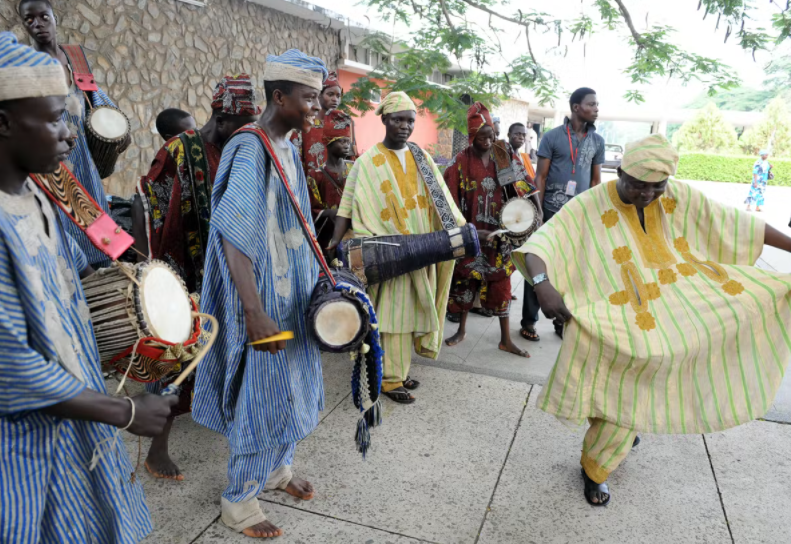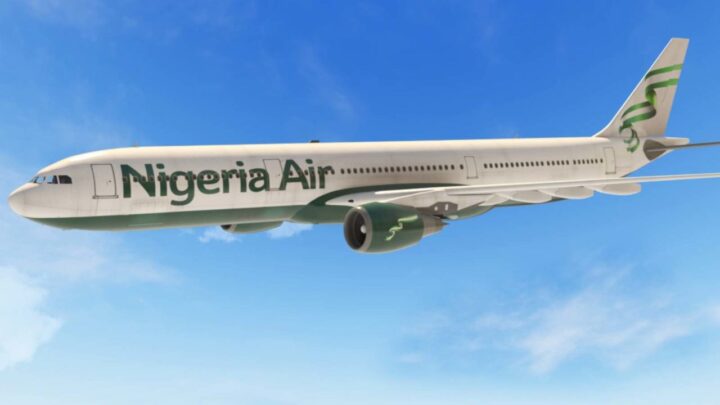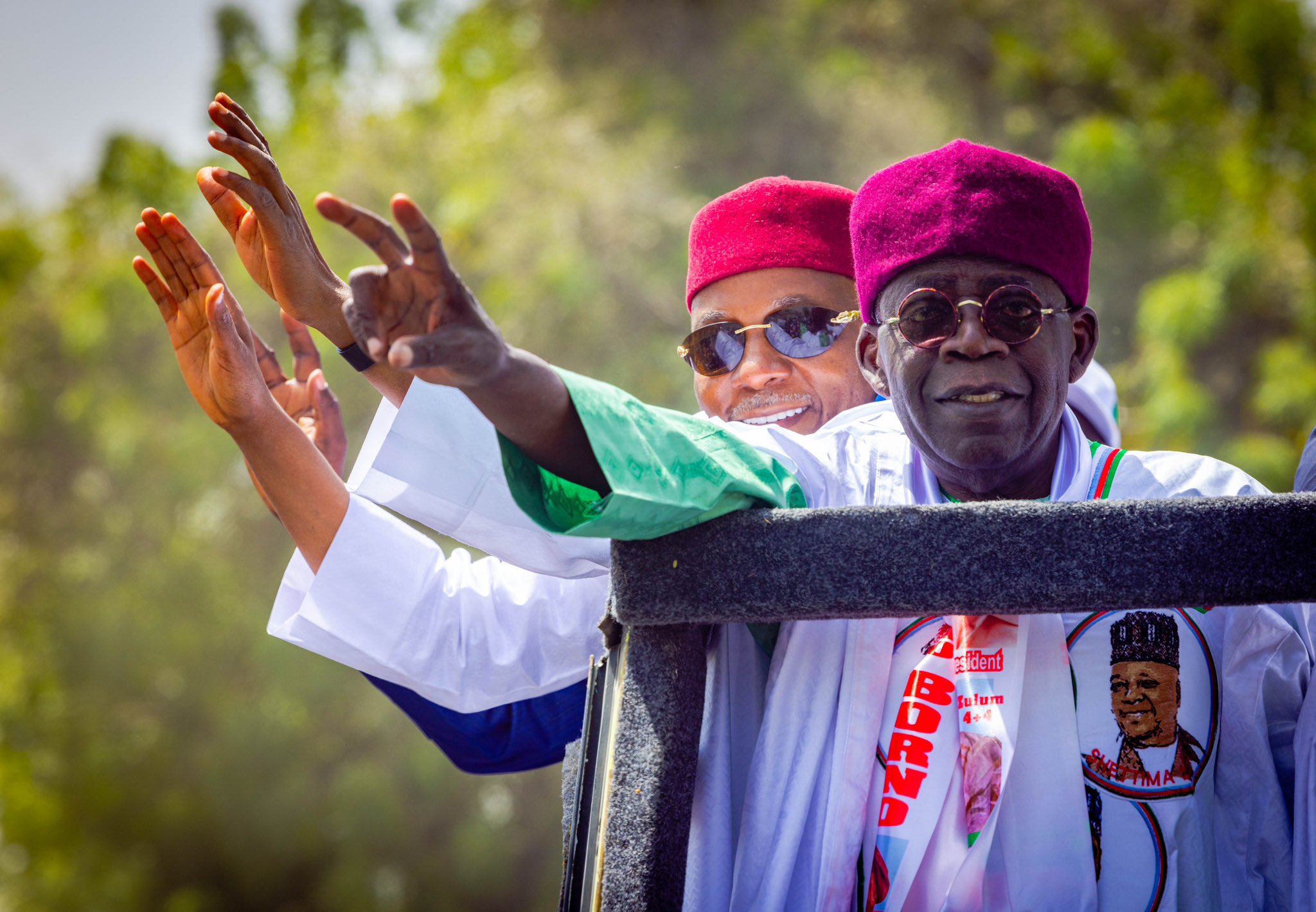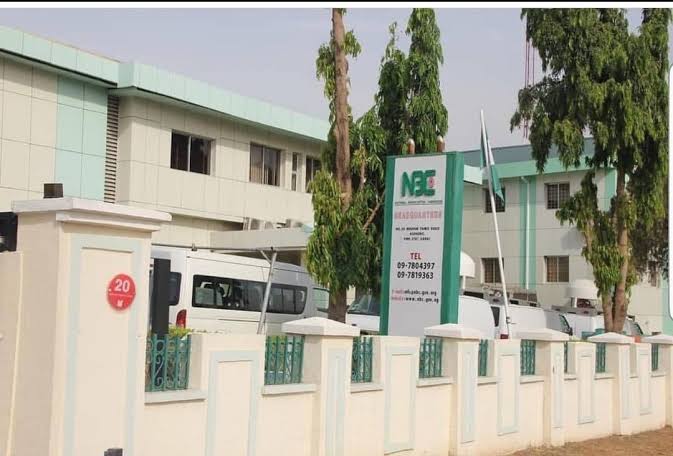The Yoruba language is thriving and has virtually become the lingua franca of southern Nigeria, with long stretches of northern Nigeria and the west coast of Africa familiar with the language. Today, almost every Nigerian and, I dare say, West African, knows a Yoruba word or phrase and is somewhat familiar with the language. Its status is increasingly becoming like that of the Twi in Ghana and Swahili in East Africa, which are the most widely spoken indigenous languages in those places, rivaling the official English language.
This flourishing of Yoruba is interesting and buoys optimism, considering that indigenous African languages are struggling or dying, as parents struggle to pass on knowledge to their children, who are more familiar with and content to speak the official languages of English, French, and other European colonial languages.
It is estimated that there are over 2,000 languages in Africa, which makes it the most linguistically diverse continent in the world. UNESCO estimates that of these over 400 African languages are either endangered, vulnerable, or extinct.
Some of the extinct Nigerian languages include Ajawa which was spoken in Bauchi State, Basa-Gumna in Niger State, and Odut, which used to be spoken in the Odukpani area of Cross River State. The vulnerable or endangered languages include Kambari (Zamfara), Ogoni (Rivers), Tangale (Gombe), Gandara (Kaduna), and somewhat surprisingly Ijaw (Niger Delta states).
Advertisement
But Yoruba is thriving. Some estimates put the number of speakers in Nigeria at over 40 million and over 50 million globally. This flourishing may be due to two related factors: Nigerian pop culture and Lagos, the former federal capital which has become a melting pot for all Nigerian ethnicities and an economic springboard of opportunities.
Nigerian music, and to a lesser extent film, is dominated by Yoruba heavyweights such as Olamide, Wizkid, Davido, and Kizz Daniel, and movie producers such as Mo Abudu, Kunle Afolayan, and Funke Akindele. These creatives always infuse Yoruba elements into their work. Even when the substantial language is English, there is always a Yoruba undertone. This invariably makes non-Yoruba consumers of these artistic works to be familiar with the language, or at least some of its phrases. And as the popularity of the creative works has grown, so has the Yoruba language.
Particularly, artistes such as Olamide, Asake, and Naira Marley are exceptional in the use of Yoruba in music, exploiting the language by lyrically creating new phrases and words, on top of body-moving and earth-shattering beats. Nigeria’s young people, and not so young ones as I can testify, love these artistes and their music and are invariably influenced by them, language, culture, and all.
Advertisement
Even non-Yoruba creatives unwittingly promote the supremacy of the Yoruba language in the pop culture scene. Many of the musicians and creators who produce works in the Yoruba language are non-Yoruba, such as Timaya (Ijaw), Patoranking (Igbo), Burna Boy (Ijaw), BNXN, formerly known as Buju (Ibibio), Tuface (Idoma), and Rema (Bini). This may be due to the musicians’ need to access the large market of Yoruba cultural consumers. Or have simply bought into the idea of the Yoruba language and cultural supremacy.
And increasingly, fictive characters in Nigerian movies, books, and plays are represented as Yoruba with names such as ‘Kemi’, ‘Shade’, and ‘Tunde,’ by even non-Yoruba authors and creatives in entirely Yoruba settings. This phenomenon of a particular group dominating the creative space is known as “representation” in media studies and may reflect the current Nigerian power dynamics and the ascendance of the Yoruba in the socio-political context, which is beyond the scope of this article.
Outside the creative industry, the other factor that may be responsible for the rise of the Yoruba Language is Lagos. The former federal capital, Lagos has a population of over 15 million people and is the most boisterous place in Nigeria, with a distinctive culture and outlook. Lagos is also Nigeria’s de facto economic capital with a GDP that is higher than those of many African countries.
Although a medley of Nigerian ethnicities, Lagos has not lost its Yoruba aboriginal elements and language, and so many Nigerians who were born or have lived there, learn it as either first or second language. And because of its outsize influence on Nigeria’s pop culture, media, economy, and creative spaces, Lagos and Yoruba language significantly shape Nigerian lives.
Advertisement
The rise of the Yoruba language is both good and bad. It is good because the rise is organic, a natural progression of things, and not a result of war, colonialism, and whatnot. It also gives hope that an indigenous African language can thrive in a globalised world, where boundaries are getting smaller, and in the face of foreign powers deliberately spreading their cultural influence overseas.
It is bad because this growth may come at the expense of smaller indigenous languages in the south, and may be a precursor to Yoruba cultural dominion. A similar situation played out in northern Nigeria with the rise of the Hausa language. Most of Nigeria’s extinct languages are from the north because of the supremacy of the Hausa in those places.
As a result of war, cultural, or economic factors, especially to make trade easier with other people, many northern communities adopted the Hausa language and in time lost the ability to speak their native tongues and with that their original identity.
The Yoruba people don’t seem to have those ambitions, only wanting to make great music and captivating films. And skits too.
Advertisement
Views expressed by contributors are strictly personal and not of TheCable.
Add a comment







